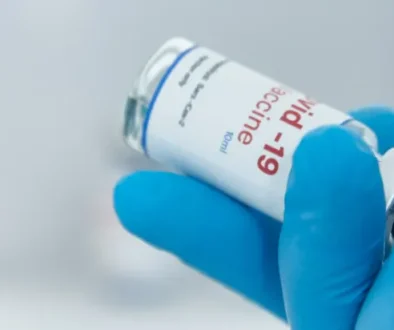Erectile Dysfunction and Male Fertility: Exploring the Link
Understanding Erectile Dysfunction: A Primer
Erectile Dysfunction (ED) is a medical condition characterized by the inability to achieve or maintain an erection sufficient for satisfactory sexual performance. This condition affects millions of men worldwide, with its prevalence increasing with age. ED can stem from a variety of causes, including psychological issues, physical problems, or a combination of both. It’s crucial to acknowledge that ED is not an isolated health concern but rather a potential indicator of underlying health issues, such as cardiovascular disease or diabetes, which necessitate comprehensive medical evaluation and treatment.
The Impact of ED on Male Fertility
When discussing the impact of ED on male fertility, it’s essential to understand the direct and indirect effects of this condition. Directly, ED can inhibit a man’s ability to engage in sexual intercourse, thereby reducing opportunities for conception. Indirectly, the psychological stress and strain on relationships caused by ED can further diminish sexual desire and frequency, complicating fertility efforts. Thus, while ED itself does not affect the quality or quantity of sperm, its repercussions on sexual activity can significantly impede the path to fatherhood.
Debunking Myths: ED and Fertility Misconceptions
A common misconception is that ED equates to infertility. This is not accurate; ED affects the ability to achieve an erection, whereas male infertility concerns the inability to produce or deliver viable sperm. Another myth is that ED treatments, particularly medications, can directly harm male fertility. In reality, most treatments for ED do not influence sperm quality or fertility. It is vital to differentiate between these conditions and understand that while they can coexist, they are distinct issues requiring separate evaluations and management strategies.
Investigating the Biological Connection
The biological mechanisms underlying ED and its potential connection to fertility are complex. Hormonal imbalances, particularly low levels of testosterone, can play a significant role in both conditions. Testosterone is crucial for libido as well as sperm production; thus, abnormalities in testosterone levels can concurrently impact erectile function and fertility. Additionally, conditions that lead to ED, such as vascular problems or diabetes, can also impair the delivery of sperm by affecting ejaculation. It’s imperative to recognize that while ED and male fertility issues can share common biological pathways, their interconnection is not always direct, and each condition may require distinct therapeutic approaches.
Treatments and Their Effects on Fertility
The treatment landscape for ED is diverse, ranging from oral medications and vacuum erection devices to surgical interventions. Oral phosphodiesterase type 5 inhibitors (PDE5i), such as sildenafil (Viagra), are the first-line therapy for many men with ED. While these medications are effective for improving erectile function, they have not been shown to adversely affect sperm quality or overall fertility. In cases where medication is not suitable or effective, other treatments like penile injections or implants may be considered. It’s crucial for patients to discuss the potential impacts of these treatments on fertility with their healthcare provider, although most current therapies for ED do not directly impair fertility.
Moving Forward: Strategies for Managing ED
Managing ED effectively requires a comprehensive approach that addresses both the physical and psychological aspects of the condition. Key strategies include:
- Lifestyle modifications: Improving diet, increasing physical activity, quitting smoking, and reducing alcohol intake can enhance erectile function and overall health.
- Psychological support: Counseling or therapy can help address the psychological contributors to ED, such as stress, anxiety, or depression.
- Regular medical check-ups: Since ED can be a sign of underlying health issues, regular check-ups can help identify and treat these conditions early.
In conclusion, while erectile dysfunction and male fertility are interconnected in various ways, it is critical to approach them as distinct issues requiring tailored management strategies. By debunking myths and understanding the biological connections and treatment implications, individuals can better navigate the complexities of ED and its impact on fertility. With the right knowledge and support, overcoming ED and achieving desired fertility outcomes is a realistic and attainable goal.

